A friend called for advice last week. Like everyone she’s been hit with huge hikes in her bills – from her mortgage to energy and food.
But like many small business owners, she’s got those overheads too. In her case, a small shop she opened three years ago.
“So here’s the thing,” my friend, who lives in Newcastle, said.
“I used to pay £800 a month for energy bills. Now I’ve got to find £2,000. Everything I buy has gone up so I’ve got to put my prices up and I don’t think customers can afford it.
“And then I see my house bills and think… is everyone going through this?”
The reassuring thing about talking, whether it’s to a pal or some sort of organisation, is that it helps.
And you do realise you’re not alone or going slightly mad.
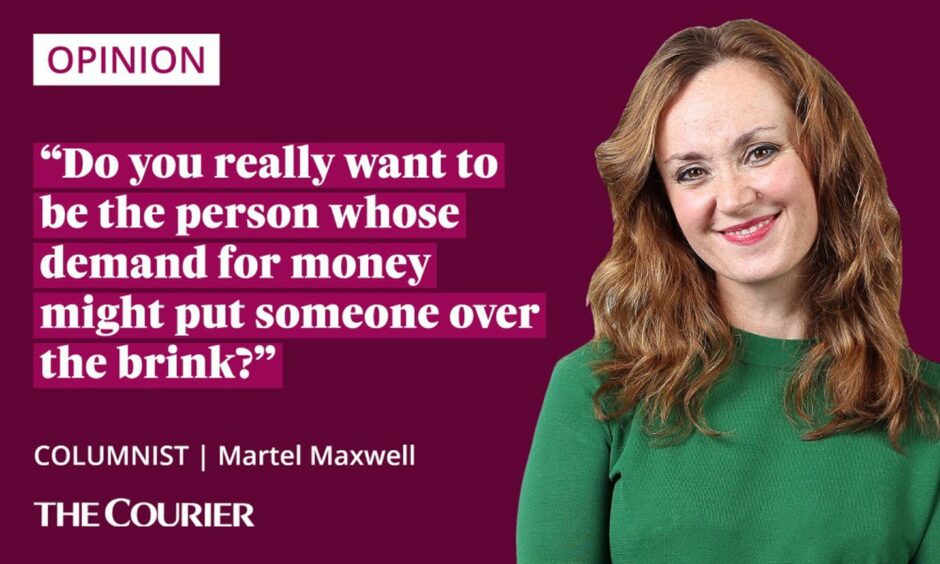
My friend had been doing well – working hard to break even. Then, as the months went by, she finally started making a small profit after paying her three employees.
But that was before the current crisis.
And the thing that hit her?
The last straw that made her want to break down and cry?
A parking fine.
Threatening letters followed my unpaid speeding ticket
“It was one of those ‘it’s free for two hours while you get your shopping but you still have to get a ticket or we’ll shaft you’ kind of set-ups,” she explained.
Anyone who’s been to Gallagher Retail Park in Dundee and been caught out will feel her pain.
I am so scared of forgetting to buy a ticket and facing a demand for £120 for the privilege of buying milk, I often shop elsewhere.
My friend, already worrying about how she’d pay her staff and keep the power on, hadn’t replied to an initial letter, in part hoping the fine might just go away.
But it came back with a vengeance. This time with the added threat of courts and an increased charge of around £200.
I told her about a letter I’d received in January.
I’d been caught speeding near Manchester, doing less than 60mph in a temporary 50mph zone.
The rest of the motorway – and I’d done hundreds of miles working on Hammer that day – had been 70mph.
I was asked to pay £50 in costs and did so, thinking it was the end of the matter.
Then, last week – nine months later – I received a letter from an English police force demanding £345 (comprised of a fine, costs and victims’ fund payment) as well as three points on my licence.
So intimidating was the letter – telling me my fine would double if I didn’t pay it within two weeks and that I’d be taken to court – I became really anxious.
I scanned the letter for signs of the words ‘appeal’ or ‘speed awareness course’, or a number and person to call.
There was nothing.
By the tone and wording, you’d think I’d defrauded their entire constabulary over a 10-year period.
So yes, I sympathised.
We need customer support, not unanswered phones
My friend had called me for advice and I didn’t have much – apart from to stay strong, call any time and to stand her ground if anything seemed unfair.
Sadly, standing that ground often means spending hours waiting for someone to answer the phone, only to find that when they do, they’re rude and undertrained.
The cost of living crisis means money is even more of a concern for people at the moment.
What nobody needs now is an extra, unforeseen bill.
And what they really don’t need is to feel bullied.
Yes, we need laws – you can’t park where you want or speed recklessly – but I don’t think either of us were doing those things.
Whether it’s police or parking, being in a position of power doesn’t give you the right to make people feel powerless.
An increasing number of people feel their finances are on a knife edge.
Many folk’s mental health is teetering too.
Few of us have a surplus for extra bills and costs right now.
Do you really want to be the person whose demand for money might put someone over the brink?
These letters can be scary enough at the best of times.
But we are living in a time when increasing numbers of people simply can’t pay.
They might well owe the money. But no amount of heavy-handed behaviour will help. It might well make things worse.
Rather than computer-generated threats, we need to re-humanise the system, so companies speak to individuals and try to help them make a plan to pay instead of frightening them witless.
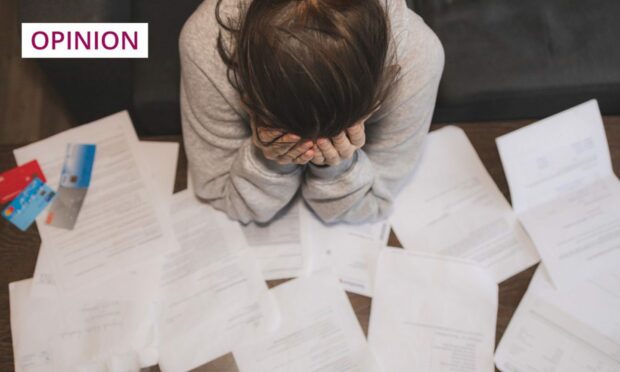
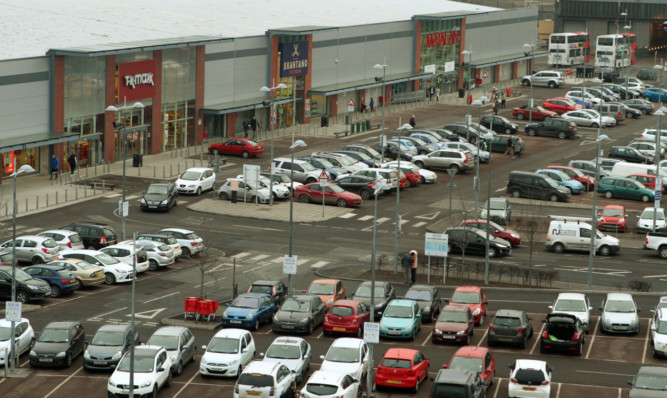
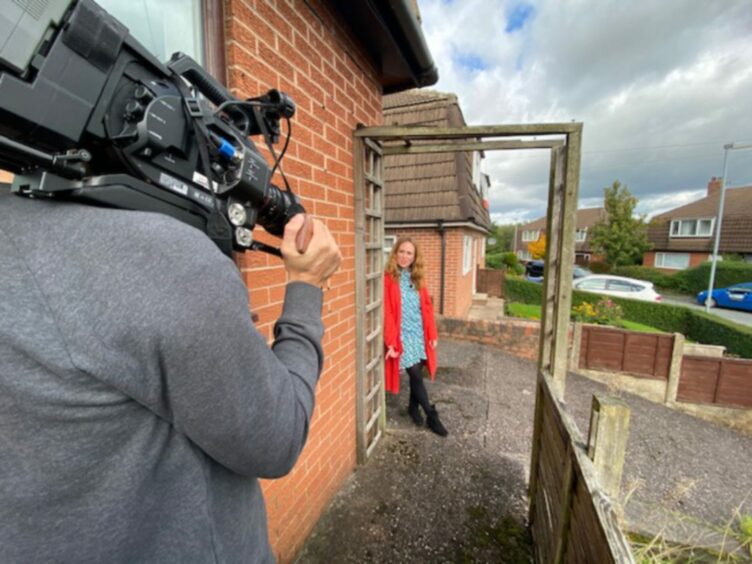
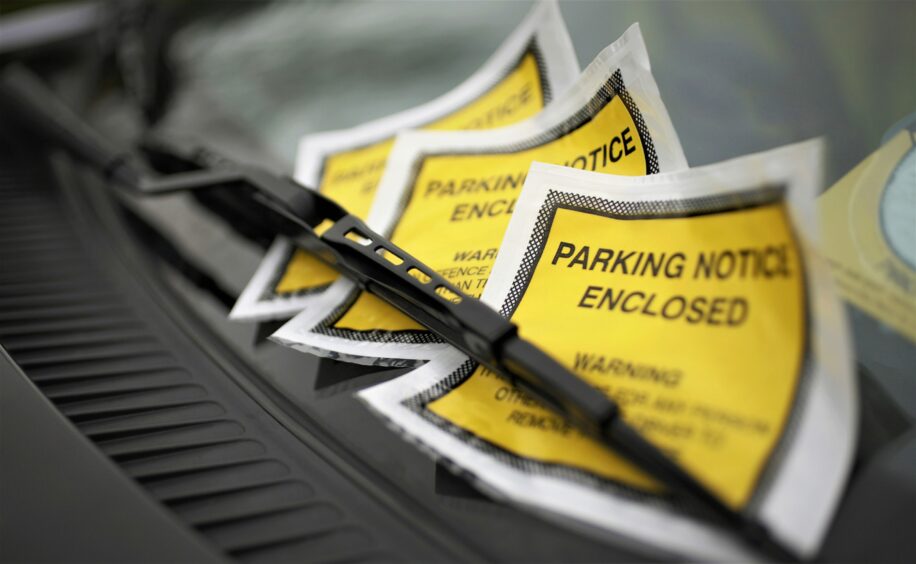
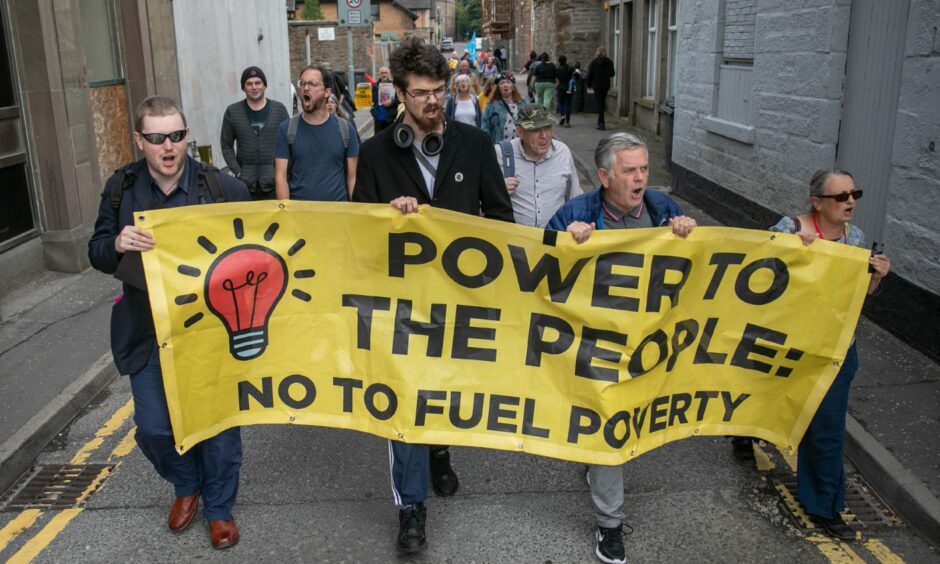










Conversation